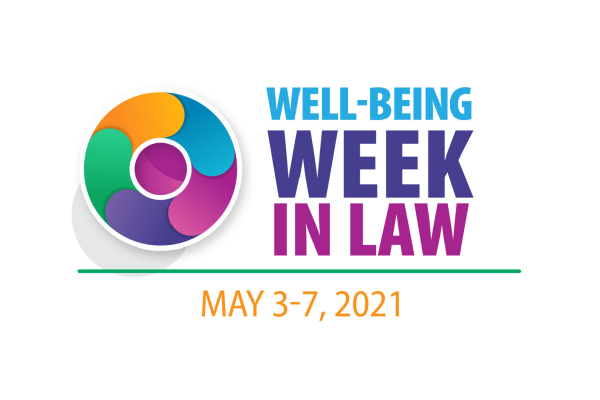While the COVID-19 pandemic took a lot of our attention away from Women’s History Month, it shifted focus to well-being and can still provide an opportunity to look closer at inclusion, as the legal profession continues to work to improve both.
For the same reasons feminism matters, intersectional feminism matters more. Law Professor Kimberlé Williams Crenshaw, a founder of critical race theory, introduced the theory of intersectionality in a 1989 paper, emphasizing how the experience living as a Black woman “cannot be understood in terms of being Black and of being a woman considered independently, but must include the interactions between the two, which frequently reinforce each other.”
Personal and professional well-being are closely related. White women can often relate to the challenges discussed at Strength in Numbers: Celebrating African American Representation in the Law, a recent event hosted by the Massachusetts Black Women Attorneys — like difficulty with visibility and finding not only mentors but “sponsors” (those who will advocate for you from positions of power), experiencing imposter syndrome, and others discussed in a blog post looking at race and mental health for Black History Month from ABA COLAP. To help, white women first need to recognize ways in which we benefit from privileges women of other races, Black women especially, do not. This perspective isn’t intended to dismiss struggles white women face — but to avoid centering white women, which actively perpetuates harm to women of other races.
As Kimberly Sears Allers observes in a recent Slate article, “While the male-female pay gap has been slowing decreasing, the pay gap between white women and black women is the fastest growing income inequality there is, according to a report by the Economic Policy Institute. In 1979, black women earned only 6 percent less than white women. Today, black women earn 19 percent less than white women, according to the report.” Other research confirms women of color get less support at work in other ways.
And as Safaya Fawzi, Associate Director for the Diversity & Inclusion Center at the ABA points out in Diversity & Inclusion: Understanding Buzzwords and Moving Beyond Them Toward Innovation, “Some of the most obvious examples come from reversing gender-based bias in the workplace, such as extending paid parental leave to all parents (which acknowledges the historical and present lack of value placed on raising children and other “women’s work”), or reviewing job descriptions to remove words that have a gendered connotation (such as “charismatic” and “hacker”, avoiding pronouns, and stating salary ranges within job descriptions); some work to review “name-blind” resumes, which can also address race and ethnicity bias. That most of the money, emphasis, and impact toward D&I is still somewhat stagnant about addressing racial inequities specifically may be reflective of the deeper issues that effective and innovative D&I work seeks to address.” (Bold and italics added.)
To improve diversity and well-being anywhere in the legal profession, we need answers to important questions like why Black women in particular leave the practice of law. Yet while the ABA has been able to study the numbers on senior women in general leave, there isn’t enough data on Black women in senior positions — as pointed out by Paulette Brown, past president of the ABA at the MBWA’s Strength in Numbers.
Taking meaningfully inclusive action — antiracist action — requires us first to understand our thinking systems to interrupt the racist ideas we’ve often unconsciously absorbed. Nobel laureate and founder of behavioral economics Daniel Kahneman explains in Thinking, Fast and Slow that there are two systems of thinking; System 1 is fast and based on a gut reaction, while System 2 is slower, conscious, and deliberate. Fast thinking is the unconscious bias that affects our thinking, decisions, and behaviors.
Practicing mindfulness can help us reduce implicit bias and accidentally acting with racist impact. Find more in How to Be an Antiracist: What Lawyers and Law Students Need to Know [Book Review]. As a white woman, two common mistakes are (1) tokenizing when intending to be deeper support and also (2) “checklisting” — or focusing more on appearing to make inclusive efforts than on actually making them. Many other mistakes are easy to make even with what feel like the best intentions. We are hard-wired to center ourselves first and foremost. The biggest step is shifting our attention from intention to impact of our actions, and listening to Black women when they tell us about our impact. Credits for my lessons to antiracism educator Catrice Jackson.
Women’s History Month celebrates critical accomplishments including women’s suffrage — yet racism almost killed women’s right to vote, as a Washington Post headline points out. The NY Times has featured more on How the Suffrage Movement Betrayed Black Women in a July 2018 Opinion.
The work ahead is difficult but necessary, and it’s critical for us to prioritize it. Find resources below to get started.
Related Resources:
Transgender Day of Visibility 2021: Inclusion in the Legal Profession and Beyond (LCL MA Blog, 2021)




